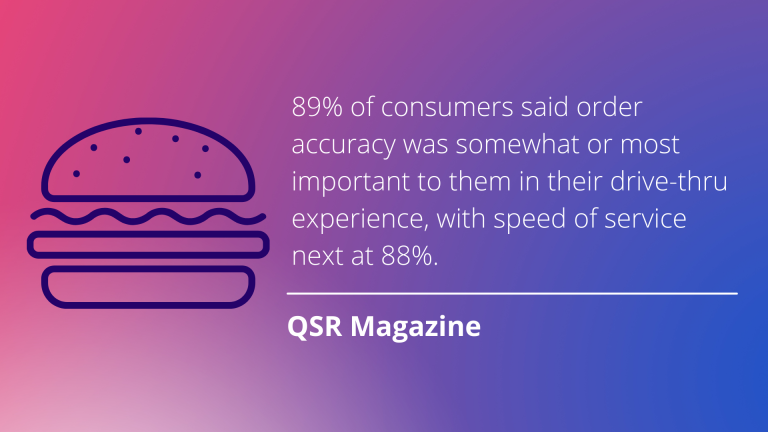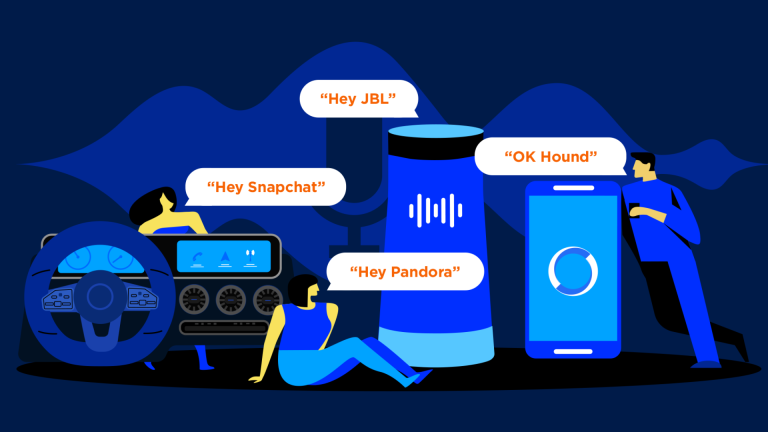Long term outlook
So, outside of this cooling off by Big Tech, the trajectory of voice AI is still going great guns. Former Alexa team member, Tigger Kindel agrees:
“As a civilization, we’re going to continue to get closer and closer to computers being able to interact with us in the same way we interact with each other. It’s going to continue to happen. And there’s going to be some breakthroughs.”
Reports show that nearly half of all US adults will use voice technology on a regular basis within the next 3 years. Plus, Millennials and upcoming GenZers – two thirds of whom already use voice tech — show a clear preference for natural, more authentic methods of communication with brands. And 2 in 5 Americans now admit they’re making a concerted effort to unshackle themselves from the devices —but they’re unlikely to want to unshackle themselves from the conveniences those devices deliver.
On the evidence, we should be taking voice very seriously as the next big interface. In our experience, most brands are.
What next for partners?
But if it makes more sense for Amazon to “let Alexa be” (to quote one WIRED article), and Google are doing something similar to the program that puts their assistant in partner devices, what does that mean for the many businesses that have taken the Big Tech route for their voice AI?
If the development of these assistants is now stunted by the redirection of resources, can the companies that have built services and devices around that tech still expect it to receive regular updates and upgrades – or grow in sophistication? This might now be in question.
Such is always the risk of embedding third party technology. But especially so when that third party has a diverse portfolio of products and services, and objectives that don’t always involve making every one of those products and services better —or even available.
Seek out a specialist
The fact is, when it comes to Big Tech, voice assistants are never going to be a top priority. They are a means to an end, not an end in themselves, and as such they are likely to be choked of investment when strategies change.
That might mean their particular solution fades into the background, but it certainly shouldn’t call into question the entire category.
Yes, voice technology is hard to get right. It is not something that can be approached as a side project. And yes, the most common instances of it are still pretty clunky. But there are specialists out there getting it right and really delivering on the promise of interactive, fluent, conversational intelligence. Businesses looking to deploy (or change providers) should be seeking them out.
In a world where innovation is mostly flatlining, voice technology is a space —one of the only spaces— where breakthroughs are still happening. We shouldn’t allow Alexa’s stagnation to distract from one of the most promising areas of AI right now. One that’s transforming the customer experience, while helping businesses make efficiencies, improve safety, and generate revenue during these testing times.
At SoundHound, we have all the tools and expertise needed to create custom voice assistants and a consistent brand voice. Explore SoundHound’s independent voice AI platform at SoundHound.com. Want to learn more or request a demo? Talk to us about how we can help bring your voice strategy to life.









